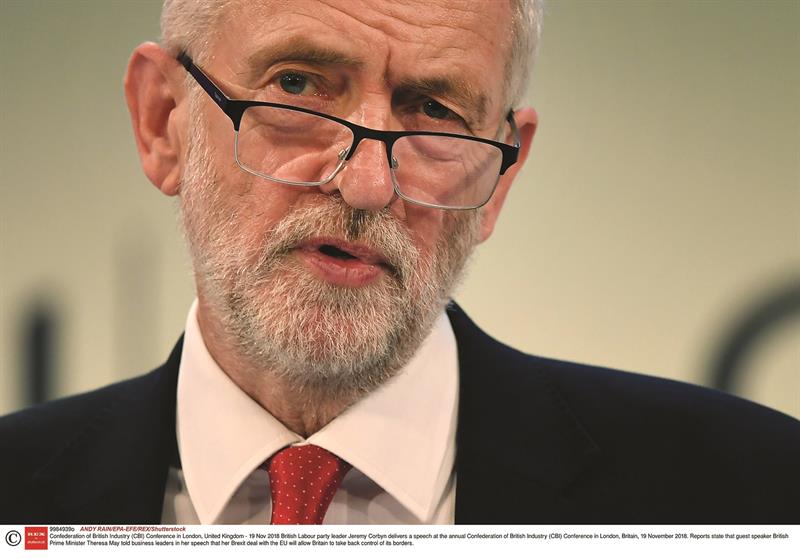
January
January began on a positive note with the launch of Johnson & Johnson Vision Care’s Acuvue recycling scheme. The optics of plastic waste had become particularly bad in recent years and the world of contact lenses suddenly found itself with a problem – taken on by practices, Johnson & Johnson and specialist recycling firm Terracycle.
Elsewhere, a woman in Scotland developed an infection after she was given erectile dysfunction cream for dry eye, and Jeremy Corbyn was also given a hard time in the press over his ‘designer’ glasses.
 Jeremy Corbyn (Rex Features)
Jeremy Corbyn (Rex Features)
February
Mixed messages on screen time were highlighted in the early part of February. The first ever guidance on children’s screen time in the UK, published by Royal College of Paediatrics and Child Health made close associations between excessive screen time and poor health, namely obesity, depressive states and poor diet, but made no mention of eye health.
Register now to continue reading
Thank you for visiting Optician Online. Register now to access up to 10 news and opinion articles a month.
Register
Already have an account? Sign in here


